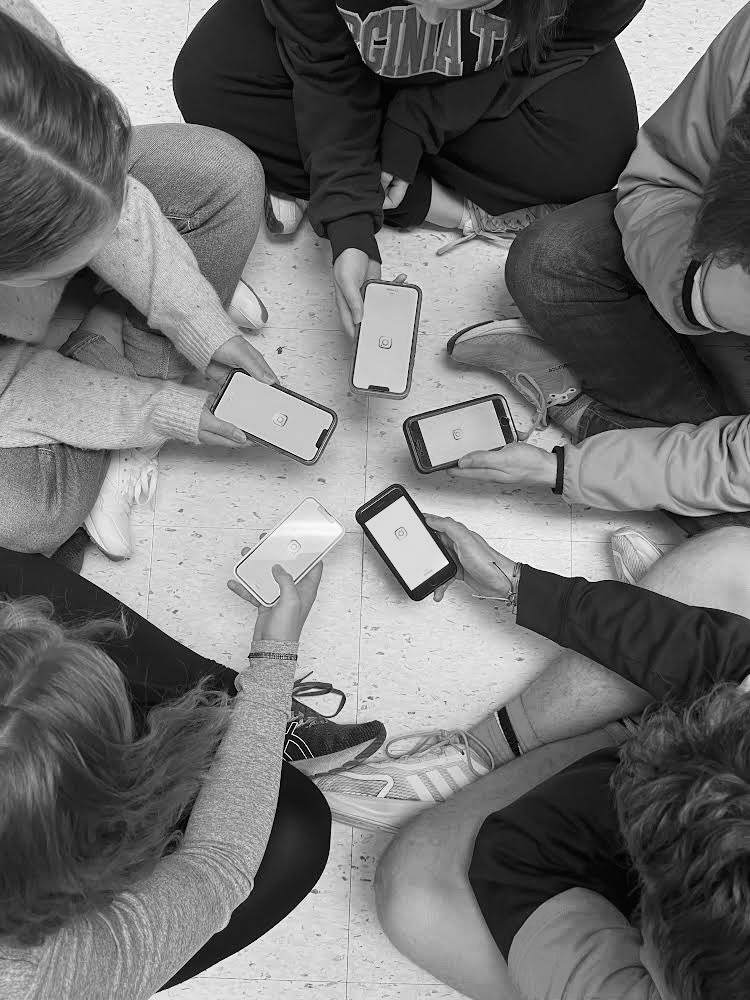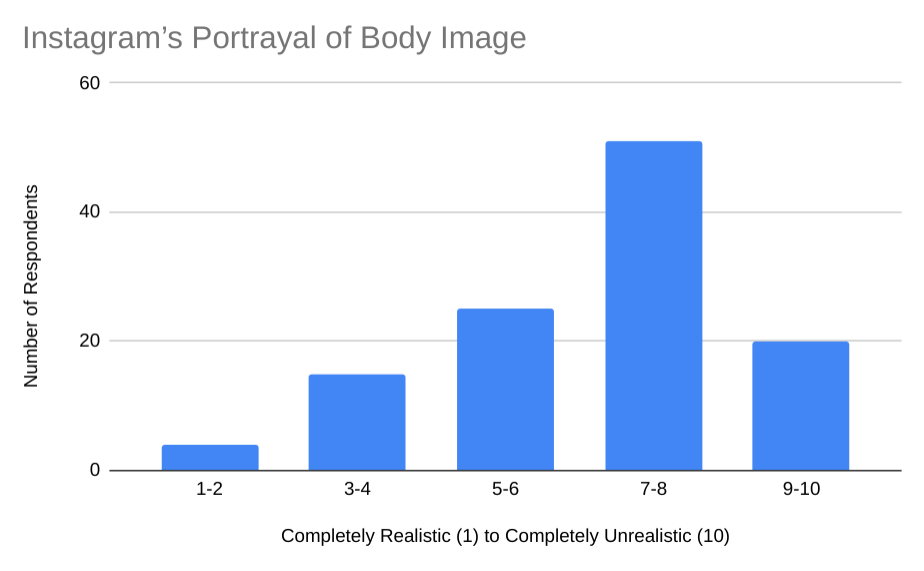The user scrolls, encapsulated in our latest reel recommendation. Calculated engagement per content type looks good. Advertising money rolls in. Noticing user disengagement. Now sending best video suggestion, regardless of user implication. Directive: keep them hooked.
The Lawsuit
On Oct. 24, 2023, 33 states filed a joint lawsuit, suing the multi billion dollar social media giant, Meta. Owning popular platforms like Instagram, Facebook, Messenger, and WhatsApp, Meta is worth over $114 billion. The lawsuit, led by states California and Colorado, has been gaining traction since its conception, now with the involvement of 42 states. Allegations against the company state that Meta’s features are of an addictive and harmful nature, though its apps claim they are safe spaces. With the most concerns regarding children under the age of 13, states are charging Meta with violating consumer privacy, collecting children’s data without parental permission. In addition to the joint lawsuit, several states are individually suing the company through separate lawsuits. In response to the lawsuit, Meta spokesperson Liza Crenshaw said, “we’re disappointed that instead of working productively with companies across the industry to create clear, age-appropriate standards for the many apps teens use, the attorneys general have chosen this path.”
Allegations stem from situations regarding a proposal to the Meta platform. In 2021, Facebook announced “Instagram Kids,” an adaption of the original app with features and functions designed for kids younger than 13. Almost immediately after its proposal, 40 states wrote a letter to Meta shareholder Mark Zuckerberg, arguing the company’s forefront has never been about children’s best interests. As a result, the states wanted the plan to be shut down. Later that same year, a former Facebook employee leaked the company’s research, further supporting the idea the company knew of its platform’s health risks. Among the situation, the progression of “Instagram Kids” was postponed.
“Just like Big Tobacco and vaping companies have done in years past, Meta chose to maximize its profits at the expense of public health, specifically harming the health of the youngest among us,” said Attorney General of Colorado, Phil Weiser. Through the lawsuit, states hope for compensation as well as changes within how the platforms operate.
The Algorithm
Meta uses an algorithm to control feed and reel suggestions in their social media platforms to keep users engaged. According to the About Instagram website, they make suggestions based on the data they have collected for individual users. This data includes past activity (content previously, liked, reshared, commented on, and times spent on content type), history of interacting with the account that posted, reel information (visuals, popularity, etc), and information about the account (number of followers and levels of engagement).
The Social Dilemma, a movie produced in 2020, addressed growing concerns with the addictive behaviors and harmful impacts for users. “What I want people to know is that everything they’re doing online is being watched, is being tracked, is being measured,” said Justin Rosenstein, former Google and Facebook employee and co-creator of the “like” button on The Social Dilemma. “Every single action you take is carefully monitored and recorded. Exactly what image you stop and look at, for how long you look at it.”
The data being collected allows the algorithm to tailor content for individual users. The long term effects of excessive social media use can cause potentially harmful user engagement habits. It is estimated the average teenager in the U.S. spends approximately 4.8 hours each day on social media, according to a poll by Gallup, a poll-driven news organization.
The Social Dilemma discussed how it is in the best interest of these companies to promote content that will keep users on the platform for as long as possible, as they make their money from advertisers. “There are all these services on the Internet that we think of as free, but they’re not free,” said Rosenstein. “We’re the product. Our attention is the product being sold to advertisers.”
Mental Health
Instagram’s reel page is refreshed with new content when the user swipes down on the page. This creates positive intermittent reinforcement for users, a term in psychology which describes when a reward is not given every time, leading people to repeat actions in pursuit of an anticipated reward. When a user encounters a reel they enjoy, they experience a rush of dopamine. This induces positive emotions associated with scrolling through reels, and the uncertainty of when the user will receive the next dopamine hit creates anticipation. “If you don’t see something that’s satisfying, you’re going to keep on watching something until it’s satisfying, but then you see something satisfying and you want more satisfying so then you keep going and that’s why it’s addictive,” said senior Nina Davis.
Social media platforms use this goal of user engagement to dictate their app setup. Features such as the like button, comment and resharing abilities, and the explore and reels page are driven by psychological factors. “We curate our lives around this perceived sense of perfection because we get rewarded in these short-term signals– hearts, likes, thumbs-up– and we conflate that with value, and we conflate it with truth,” said Chamath Palihapitiya, former senior executive at Facebook in The Social Dilemma. “I just got Instagram and I can already see the validation of getting likes or comments,” said senior Julia Byrne.
Another factor affecting mental health can be caused by users viewing posts from other accounts. “[On] Instagram it’s like ‘look at me, I’m at this really pretty place in this really pretty dress with this really skinny body,’” said Byrne. “If you post a picture and girls are scrolling, guys are scrolling, and guys see a really fit guy or girls see a really skinny girl and they’re like ‘Oh I wish I was like her.’”
This creates an issue in the teenage population. From 2011 to 2020, the number of patients admitted to the hospital for self-harm increased 62 percent for 15-19 year-old girls, and 189 percent for girls under 15. Sadly, this is also seen in suicide rates as well, with a 70 percent increase for older teen girls and a 151 percent increase for younger teen girls. “I think sometimes it’s hard to see somebody with something that you want,” said Davis. “Especially when it comes to how you look, it’s really hard to look past people who look so perfect. I know in my head that a lot of it is not real so it doesn’t affect me as much as it used to, but I remember being a kid and seeing a bunch of pretty people, and thinking ‘why don’t I look like that?’”
Watch the activity. Collect the data. Track the user.





